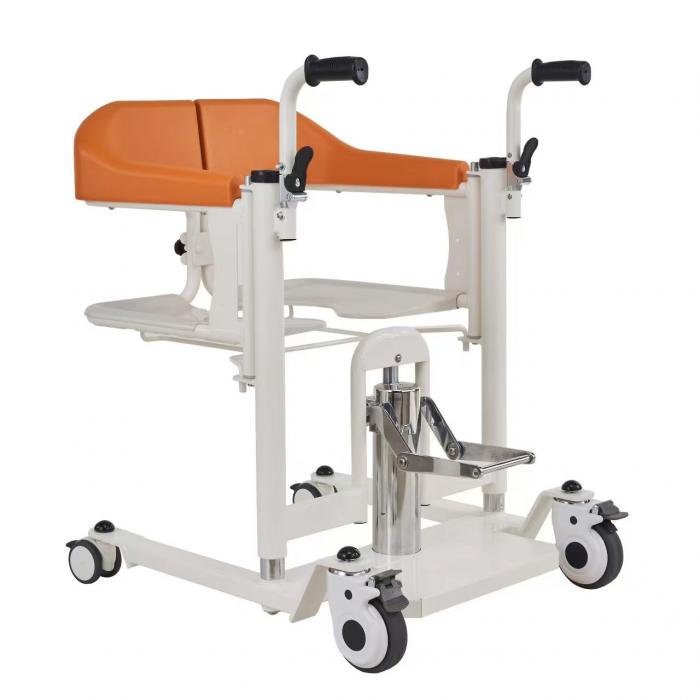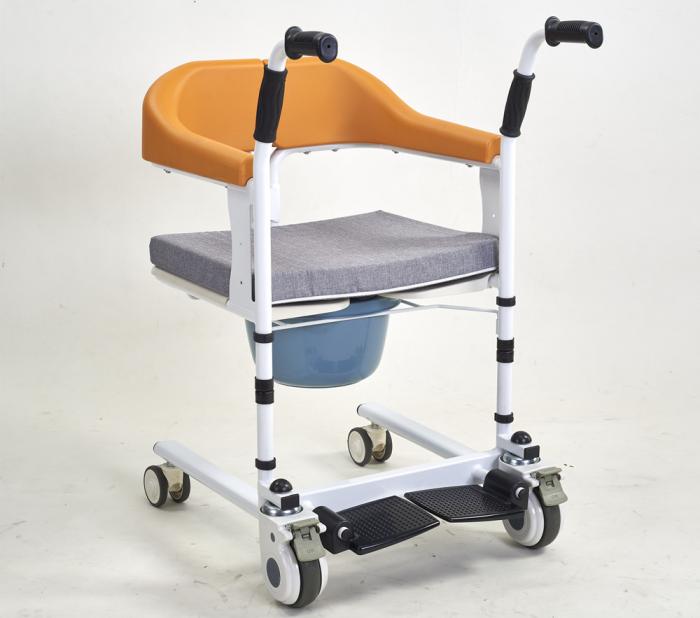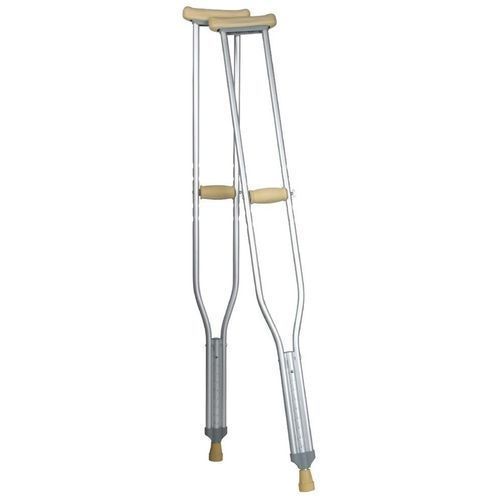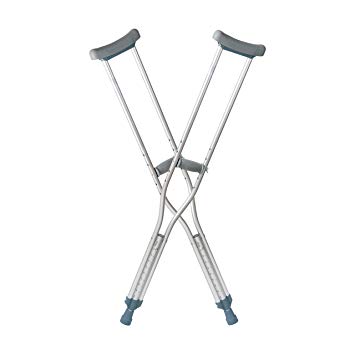| Name: | Knee Walker |
|---|---|
| Model No.: | BES-WA38 |
| Product Name: | Knee Walker |
| Brand: | BESCO |
| MOQ: | 100 units |
| Keywords: | Knee Walker,Knee Scooter,Knee Walker for Sale,Buy Knee Walker |
| Sample: | Available |
| Lead time: | 25 days |
| Payment Term: | T/T in advance |
| Country of Original: | China |
| Weight Capacity: | 135kgs |
| Stock: | Available |
| Factory Address: | Changyuan,China |
| Office: | Zhengzhou,China |
Products Description
The knee walker /Knee Scooter
The knee walker, or also known as the Knee Scooter, provides a comfortable and safe alternative to crutches.
It is also suitable for people recovering from any foot related a injuries and/or conditions.
It has large 20 cm wheels to roll easy over uneven terrain and can easily be manoeuvred in tight spaces.
It features tool-free adjustments, a brake for added safety and also a comfortable padded knee rest.
The Knee Scooter Features:
Powder coating steel folding frame
PU soft knee platform
8'' front & rear solid wheels
Dual hand brakes
Height adjustable for both leg pad and tiller
with basket
The Knee Scooter Specifications:
Weight capacity:135kg
Width:43cm
Height min:84cm
Height max:97cm
Depth:78cm
Pad width:18cm
Pad depth:36cm
Pad height:48 – 56cm
Weight unit:10kg

A knee walker, also known as a knee scooter, is a mobility aid designed to help individuals with lower leg injuries, such as broken ankles, foot surgeries, or amputations.
Features:
A platform for the injured leg to rest on, Wheels for easy movement, Handlebars for steering, and Adjustable height and seat.
Benefits:
Takes weight off the injured leg, Allows for mobility without crutches, Preserves upper body strength, and Provides a more comfortable and natural walking experience.
Use:
The user stands on their uninjured leg, rests their injured leg on the platform, and steers the knee walker using the handlebars.
Availability:
Knee walkers can be rented or purchased from medical supply stores, online retailers, or directly from manufacturers.
Note: Knee walkers are not suitable for individuals with upper body injuries or balance problems. It is important to consult with a healthcare professional before using a knee walker.
To use a knee walker, first adjust it to your height so your leg can rest comfortably at a 90-degree angle and your hands are at waist height on the handlebars. Then, place your injured leg on the padded knee rest, grab the handlebars, and push forward with your good foot, using the handbrakes to control speed. Always keep your hands on the handlebars, maintain a steady pace, avoid uneven surfaces and stairs, and use the brakes to come to a full stop before dismounting.
1. Adjust for Proper Fit
Knee Rest Height: Your injured leg should be able to rest on the pad at a 90-degree angle. Measure the distance from your bent knee to the floor and set the knee rest to match this height.
Handlebar Height: The handlebars should be at a comfortable waist height.
Handbrakes: Ensure the handbrakes are functioning correctly.
2. Get Ready to Move
Position: Place your injured leg on the padded knee rest.
Stability: Grab both handlebars to stabilize yourself.
Brakes: Release the brakes to prepare for movement.
3. Propel and Steer
Move Forward: Use your good foot to push off the ground, similar to a scooter.
Control Speed: Gently use the handbrakes to slow down or stop, just like on a bicycle.
Turn: Swivel the handlebars to steer. Take wide turns to maintain stability, especially at slower speeds.
4. Safety Precautions
Hands on Handlebars: Keep both hands on the handlebars at all times for balance and control.
Controlled Pace: Do not go too fast. Start slow and maintain a steady, comfortable speed.
Avoid Uneven Surfaces: Stay on smooth, level surfaces and avoid obstacles, curbs, and stairs.
Brake Before Stopping: Always apply the brakes before stopping completely to prevent falls.
Check Equipment: Periodically check the nuts and bolts to ensure they are tight.








